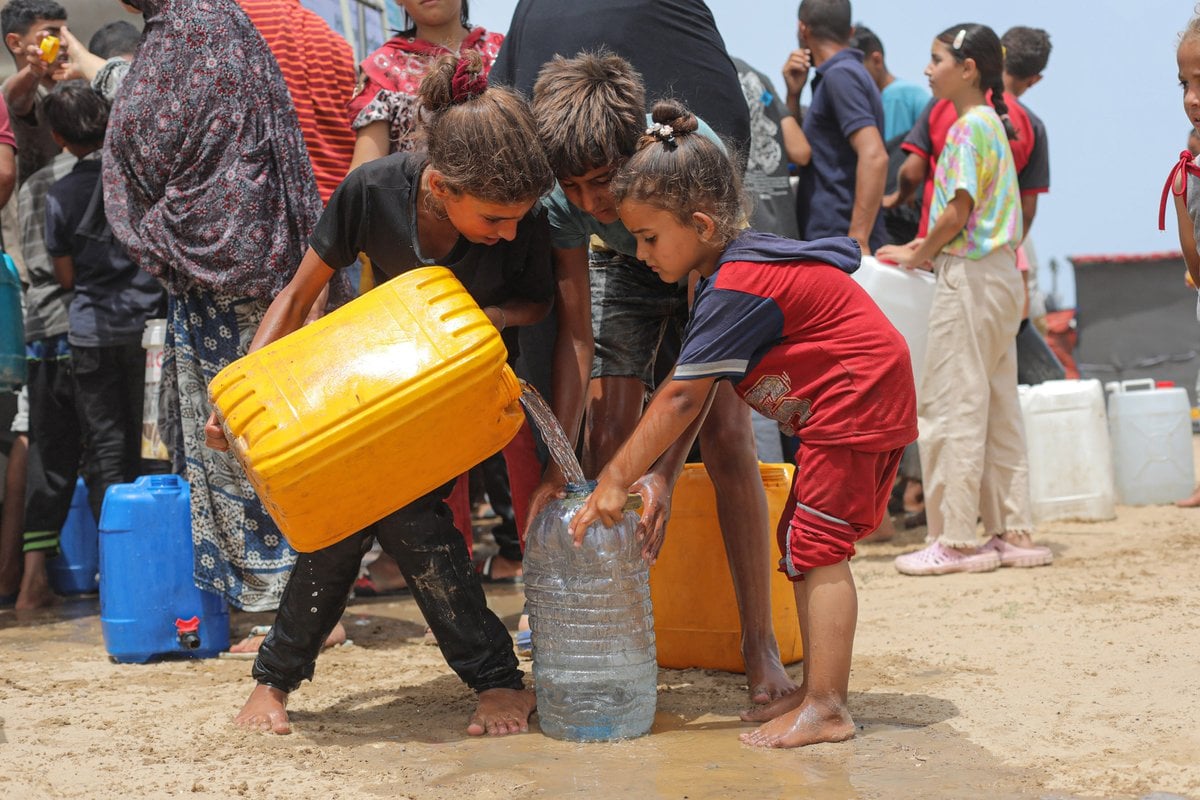
While the devastation in Gaza continues, and ceasefire and hostage talks resume between Hamas and Israel, aid organisations in the region say the humanitarian crisis in Gaza isn't getting the focus it needs.
This week at Parliament House in Canberra, Sanjay Adusumilli — who works as a surgeon in Western Sydney — described images he saw during a recent trip to Gaza of injured children coming in for medical treatment for bullet and shrapnel wounds.
He said this highlighted the need for more aid and better protection of civilians.
Following Hamas' attack on Israel on October 7, 1200 people were killed and more than 200 hostages were taken according to the Israel Defense Forces.
Israel's counter-offensive has killed more than 36,000 Palestinians and injured more than 80,000, Gaza's health ministry says.
Amid the horror, there are countless aid organisations, charities and volunteers that are doing incredible work. Here are a few to consider donating to if you have the means.
Watch: the last hospitals in Gaza. Post continues below.
UNICEF Australia.
From emergency relief to long-term development solutions and advocacy, UNICEF Australia provides children and young people with the foundations they need to thrive.
